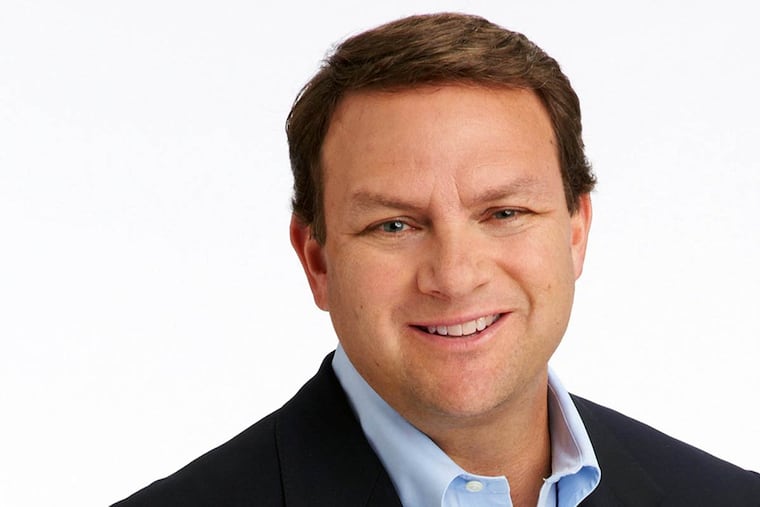NBC Sports exec fires back at critics of Olympics TV ratings
When the word went out Wednesday that NBC Sports Group chairman Mark Lazarus was to hold a conference call with reporters about Olympics TV viewership, observers of NBC and Comcast suspected he had something to say.

When the word went out Wednesday that NBC Sports Group chairman Mark Lazarus was to hold a conference call with reporters about Olympics TV viewership, observers of NBC and Comcast suspected he had something to say.
He sure did.
"This will be our most economically successful Games in history," Lazarus proclaimed.
He announced that NBC had sold $30 million of additional advertising since the Olympics began - on top of the already record-breaking $1.2 billion total before the flame was lit in Rio de Janeiro.
NBC is televising and streaming more Olympics coverage than ever. Every event is streamed live online, and TV coverage is spread across 10 channels - eight in English and two in Spanish - from morning until midnight. There are live prime-time broadcasts on channels outside the main NBC network for the first time ever.
But the bell cow remains the prime-time showcase broadcasts on NBC's over-the-air network.
Nielsen reported that NBC's rating for this year's opening ceremony was down 35 percent from the 2012 edition, and Deadline.com reported that through the opening weekend, the NBC network prime-time ratings were below four previous Summer Olympics.
That matters to advertisers, who want their products front and center on the prime-time broadcasts.
Still, every night of Olympics coverage has been the most-watched TV show in prime time by some distance. And viewership surged this week as American swimmers won a slew of gold medals in races that aired live in prime time.
There have been a few caveats. Because the prime-time network broadcast is the biggest attraction, it's where advertisers most want to be. Lazarus was peppered with questions about whether NBC will have to offer make-goods as a result of the aforementioned ratings decline.
He insisted that won't happen, because advertisers understand NBC is selling more than just the prime-time network broadcast.
"Overall, our ratings consumption is meeting our expectations - the mix is just a little different," Lazarus said. "Our advertisers are happy."
Another caveat: Because every event is streamed live, the tape-delayed, prime-time broadcasts of showcases such as the star-studded women's gymnastics lose some of their luster.
Why not just televise those events live in the afternoon when they occur, even if it's done on a cable channel that has smaller reach than the prime-time showcase?
Lazarus strongly defended NBC's decision to "create our storytelling and our narrative" and "a show around the competitions" by using the prepackaged form.
"Things like gymnastics are very difficult and sluggish to show live," he said. "We make it available live through our streaming products, but we [prefer] having it put on in a way that makes more sense to a broad viewer - not to the gymnastics aficionados that really know the sport. . . .
"Those aren't people who are watching gymnastics every week, or are fully knowledgeable in the sport. Part of our job is to further inform them and make the sport bigger."
Because there's so much online streaming concurrent with TV coverage, NBC has made a point of trying to find the best ways to measure viewership. These Olympics have solidified the use of "average minute audience" - literally tracking the average number of online viewers of an event in a given minute. That's the same methodology Nielsen uses in its TV ratings.
NBC has thus published "total audience delivery" statistics that aggregate viewership across its TV channels and digital platforms. As one example, Tuesday's prime-time total was 36.1 million viewers, of which 33.4 million watched NBC's over-the-air broadcast.
But even though the prime-time network broadcast is just one piece of a large pie, Lazarus said he expected it to "remain the biggest way that people consume the Olympics."
215-854-2330@jtannenwald